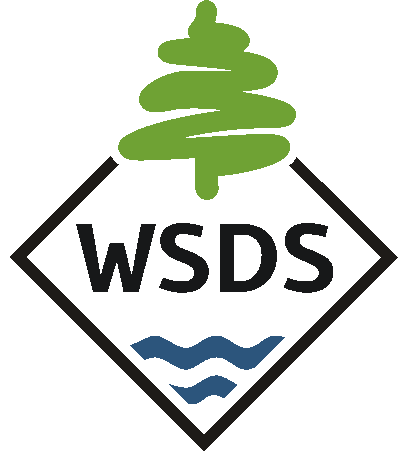The Washington State School for the Blind
wssb.wa.gov
Washington State Braille Services provides various types of transcription work
Visit their website or Download the flier
Washington Talking Book and Braille Library
Library programs and services for children that cannot access standard print
wtbbl.org
Washington State Department of Services for the Blind
Services building towards independence for children who are visually impaired
http://www.dsb.wa.gov/
Pacific Foundation for Blind Children
Help with education and employment for blind and visually impaired individuals
http://pfbc1.org/
Northwest Association for Blind Athletes
Provide opportunities for those who are B/VI to “experience the power of sports”
http://nwaba.org
FamilyConnect (American Foundation for the Blind (AFB) and NAPVI)
Website designed for families to interact and connect with each other
aphconnectcenter.org
National Organization of Parents of Blind Children (Nat. Fed. of the Blind)
Publishes Future Reflections, printed quarterly with articles geared for parents
https://nopbc.org/
What is an Intervener?
Interveners are individuals who help to provide access to visual and auditory information for individuals with deafblindness…
What is Deafblindness? How does it impact your child?
National Family Association for Deaf-Blind (NFADB)
A non-profit volunteer-based family association, the largest national network of families.
Seabeck Retreat: Ages 16 and up
This retreat, sponsored by the Lighthouse for the Blind, is a week-long event in a beautiful location balanced with activities, relaxation, communication and support for Deaf-Blind campers and qualified volunteer interpreter/guides.
Washington State Deaf-Blind Citizens (WSDBC)
WSDBC Links
The CHARGE Syndrome Foundation
The CHARGE Syndrome Foundation provides support to individuals with CHARGE syndrome and their families; to gather, develop, maintain and distribute information about CHARGE syndrome; and to promote awareness and research regarding its identification, cause and management.
Sheri Stanger, Director of Outreach
sheri@chargesyndrome.org
1-855-524-2743
Usher Syndrome Coalition
The Usher Syndrome Coalition’s mission is to raise awareness and accelerate research for the most common genetic cause of combined deafness and blindness. The Coalition also provides information and support to individuals and families affected by Usher syndrome.
Design to Learn Projects
Contains information on tangible symbols, presymbolic communications, and other communication strategies for students with significant disabilities including deaf-blindness. And for those of you using tangible symbols with your students, there is a page on the above website that gives tips about using tangible symbols from practioners in the United States.
Helen Keller National Center for Deaf-Blind Youths & Adults (HKNC)
Information about rehabilitation and personal adjustment training program at HKNC’s headquarters in Sands Point, New York.
National Center on Deaf-Blindness (NCDB)
Assists families, service providers, and state deaf-blind projects (such as Washington State Services for Children with Deaf-Blindness) in their efforts to improve the quality of services to children and young adults who are deaf-blind.
Project SALUTE
Contains a wealth of information on tactile learning by deaf-blind children, with helpful illustrations and practical strategies.
Sibling Support
https://www.siblingsupport.org
Partnerships for Action, Voices for Empowerment (PAVE)
PAVE’s Mission: A parent organization providing support, training and informational resources to empower families and individuals with disabilities.
These are just a few of our favorites. We’ll add to this list as we come across new websites that we like.
Information and Support for Families
For unbiased information and support, especially for families with babies newly diagnosed with hearing loss:
www.babyhearing.org
www.HandsandVoices.org (National)
www.WaHandsandVoices.org (Washington Chapter)
www.RaisingDeafKids.org
www.howyousign.com
www.phonak-us.com/phonak/us/b2c/en/home.html
www.deafed.net
https://www.doh.wa.gov/Portals/1/Documents/Pubs/344-077-Child-Hearing-Tests.pdf
Wanting to Learn Sign Language:
https://signingonline.com/courses
For Educational Interpreters:
www.rid.org
www.wsrid.com
www.classroominterpreting.org
www.howyousign.com
For Teachers of the Deaf:
www.washington.edu/accesscomputing/dhh/academy – Advancing Deaf & Hard of Hearing in Computing
www.phonak-us.com/phonak/us/b2c/en/home.html – Hearing Aids
www.deafed.net – Deaf Ed Resources
www.gallaudet.edu – Gallaudet University
www.isu.edu – Idaho State University
www.wou.edu/education/sped/tpd.php – Western Oregon University
Other Helpful Websites:
CID Online Courses Designed for Professionals
Clerc Center at Gallaudet University
DeafNation
DeafWeb Washington
National Center for Hearing Assesment and Management: Early Hearing Detection and Intervention (EHDI)
This website (www.infanthearing.org) contains up-to-date comprehensive information on newborn hearing screening and great resources for parents and service providers—including videos for use with families and professionals.
Early Intervention Services
A Family Resources Coordinator (FRC) can help a family access early intervention services for a child. They can also provide a screening or suggest other resources. An FRC is located in each county or geographic area of Washington State. For more information or help, call the “Family Health Hotline ” number at 1-800-322-2588, TTY 1-800-833-6384 for the name of the family resources coordinator (FRC) in your local area.
To learn more about early supports for your family, go to the website for Early Support for Infants and Toddlers: Questions About Early Intervention.
Websites for infants/toddlers with BVI:
www.chla.org/congenital-blindness (website from Children’s Hospital Los Angeles)
www.onesmallvoicefoundation.org (website on research for ONH)

